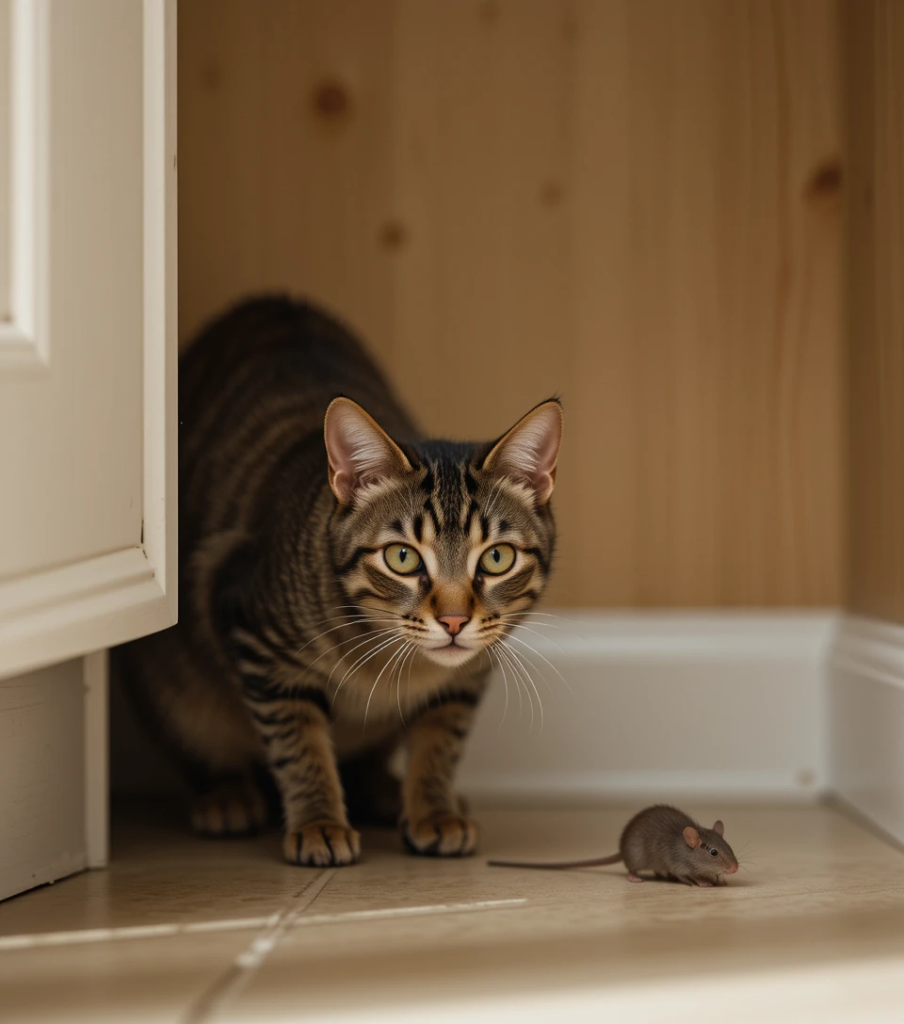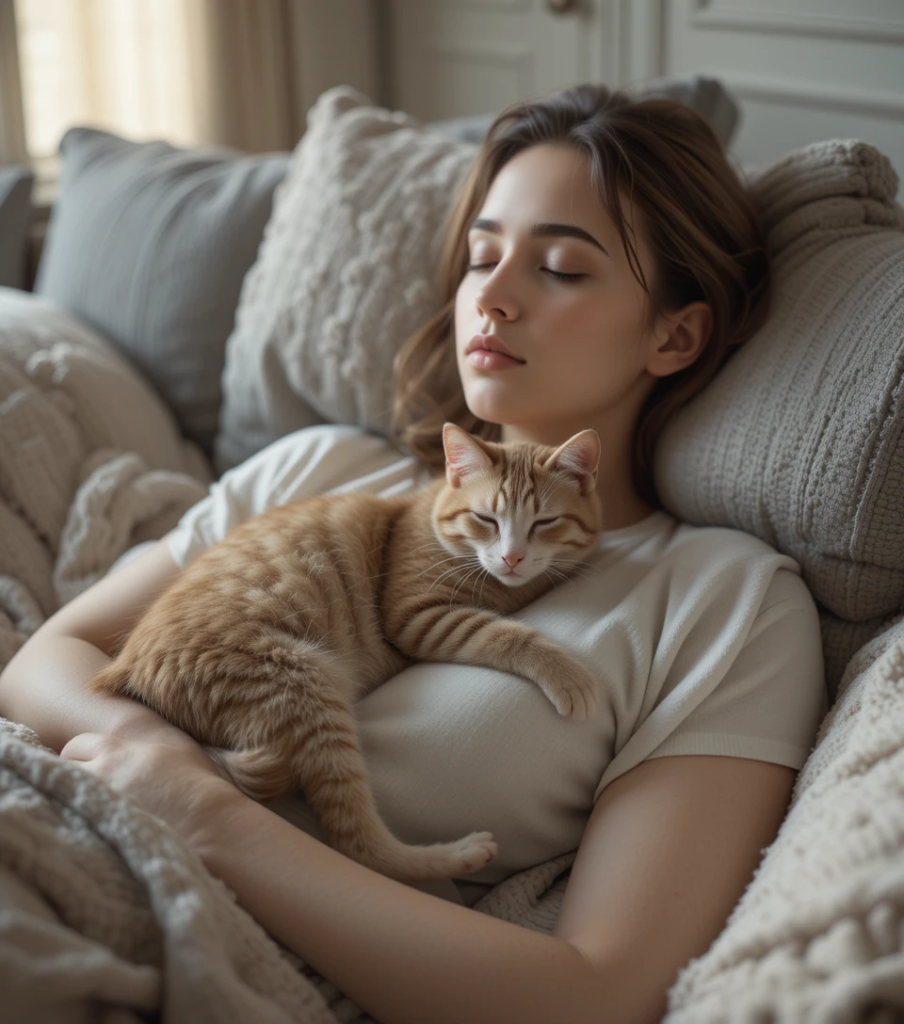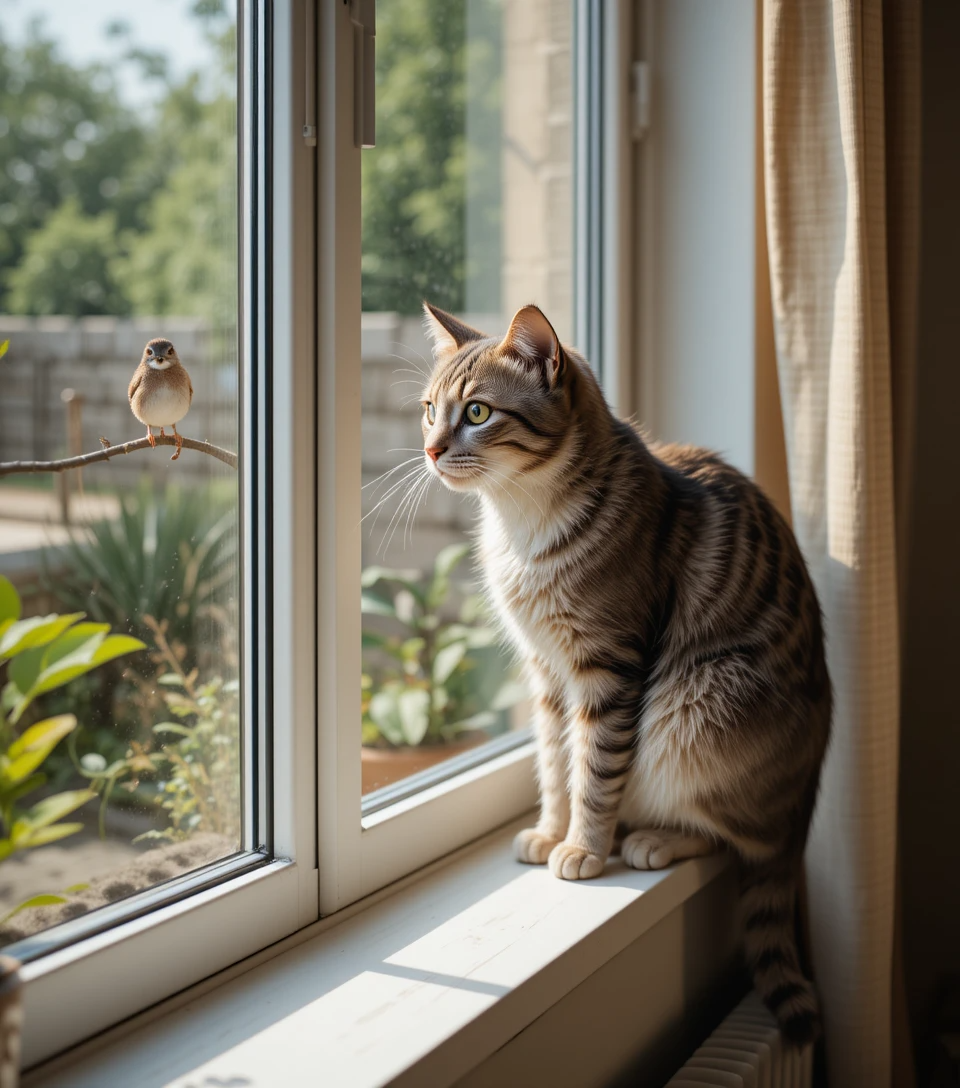Cats have been cherished companions for centuries, but their contributions to the home go far beyond cozy cuddles and entertaining antics. These graceful creatures are natural-born hunters with powerful instincts that make them silent protectors of the household. From pest control to psychological comfort, cats play an invaluable role in maintaining a clean, safe, and secure living environment.
1. Why Cats Are More Than Just Companions
While cats are adored for their affectionate purring and quirky personalities, their presence at home offers more than emotional warmth. These feline companions are instinctively wired to observe, stalk, and protect. Beyond being lovable pets, they serve as household guardians, quietly helping to preserve health and hygiene by controlling pests and providing a calming presence that enhances the well-being of the entire household.
2. Natural Pest Control: Cats as Efficient Rodent Hunters

One of the most impactful ways cats protect the home is through natural pest control. Their sharp senses and hunting instincts make them fierce predators of mice and rats. Even the mere scent of a cat can deter rodents from entering a home. By keeping these disease-carrying pests at bay, cats play a direct role in promoting a cleaner, healthier environment for the family.
🐾 Fun Fact: In many cultures, cats were historically kept in barns and homes specifically to manage rodent populations.
3. Insect Prevention: Silent Warriors Against Bugs
Cats don’t stop at rodents—they also target flying and crawling insects like moths, cockroaches, and flies. Their fast reflexes and natural curiosity drive them to chase, catch, and often eliminate these pests before you even notice them. This insect prevention behavior helps maintain a cleaner, more hygienic home—without the need for harsh chemical sprays.
4. Territorial Instincts: The Unseen Home Security System
Cats are naturally territorial animals. They patrol and defend their space, often sensing unfamiliar animals—or even people—before you do. Their awareness makes them excellent early-warning systems, especially in rural or semi-urban areas. Cats can deter small intruders like snakes, lizards, or stray rodents by simply marking their territory or standing guard with their body language and presence.
5. Psychological Safety: Comfort in Companionship

Protection isn’t always physical. Cats offer emotional and psychological protection by helping people feel safe, calm, and less alone. Their soothing presence and affectionate nature can lower stress, reduce anxiety, and promote a more serene home atmosphere—benefits that, in today’s high-stress world, are more valuable than ever.
6. Case Studies: Real Stories of Cats Saving the Day
Across the globe, stories have emerged of cats alerting owners to gas leaks, fires, and rodent infestations. For example, one cat in the U.S. repeatedly scratched its owner’s bed during the night, waking her just in time to detect smoke from a faulty heater. In another case, a farm cat was credited for saving crops by eliminating an entire family of rats that had invaded a storage area.
🐾 These anecdotes highlight how protective and perceptive cats truly are—often acting when humans are unaware of potential threats.
7. Best Cat Breeds for Pest Control
While all cats have hunting instincts, certain breeds are particularly known for their exceptional pest-control abilities:
- American Shorthair – Known for their agility and alertness.
- Maine Coon – Large, strong, and skilled hunters.
- Siberian – Intelligent and tenacious with a strong prey drive.
- Bengal – Athletic and energetic, ideal for rodent control.
- Turkish Angora – Elegant yet highly active and predatory.
These breeds combine affectionate temperaments with impressive protective instincts—perfect for homes needing a furry guardian.
8. Tips to Encourage Protective Behavior in Cats
Want to help your cat embrace their inner protector? Try these tips:
- Enrich their environment with toys that mimic prey.
- Feed a balanced diet to support energy and alertness.
- Give them access to windows or safe outdoor spaces.
- Keep them physically active with regular play.
- Avoid declawing, which limits their defense capabilities.
Nurturing their natural behaviors ensures your cat stays sharp, confident, and happy.
9. When to Call the Professionals: Know the Limits
While cats are incredible at managing minor pest problems, they’re not a substitute for professional pest control when infestations are severe. Additionally, some pests (like termites or bedbugs) aren’t on your cat’s radar. If you suspect a major issue, always call a licensed expert and consult your veterinarian for your cat’s safety.
10. Welcoming Nature’s Pest Control into Your Home
Cats are more than pets—they’re protectors, pest fighters, and silent heroes of the home. Their natural instincts and calming presence make them an irreplaceable part of a safe, clean, and happy household. By appreciating and supporting their natural behavior, you’re not just getting companionship—you’re inviting nature’s own pest control service into your home.
❓ FAQs: Cats as Home Protectors
- How do cats help with pest control in the home?
Cats hunt and deter pests like mice, rats, and insects, reducing infestations naturally. - Which cat breeds are best for hunting rodents?
Maine Coons, American Shorthairs, and Bengals are top pest hunters. - Are cats effective at preventing insect infestations?
Yes. They often catch flies, cockroaches, and moths on sight. - Do indoor cats still show protective behavior?
Absolutely. Even indoor cats retain their hunting instincts and territorial nature. - Can cats sense intruders or danger?
Cats are highly alert and can detect unusual sounds, scents, or movements before humans. - Is it safe to rely on cats for home pest defense?
For minor pests, yes. But they shouldn’t replace professional help during large infestations. - How do I encourage my cat to be more alert and active?
Use toys, puzzles, and interactive play to keep your cat mentally and physically engaged. - Are cats better than traps or poisons for rodents?
In many cases, yes—especially since they offer a non-toxic and continuous deterrent. - Can having a cat reduce the need for professional pest control?
Yes, but only for mild to moderate issues. Persistent infestations still require experts. - What are signs that my cat is protecting my home?
Look for hunting behavior, alert body language, patrolling, and reacting to unusual noises.

